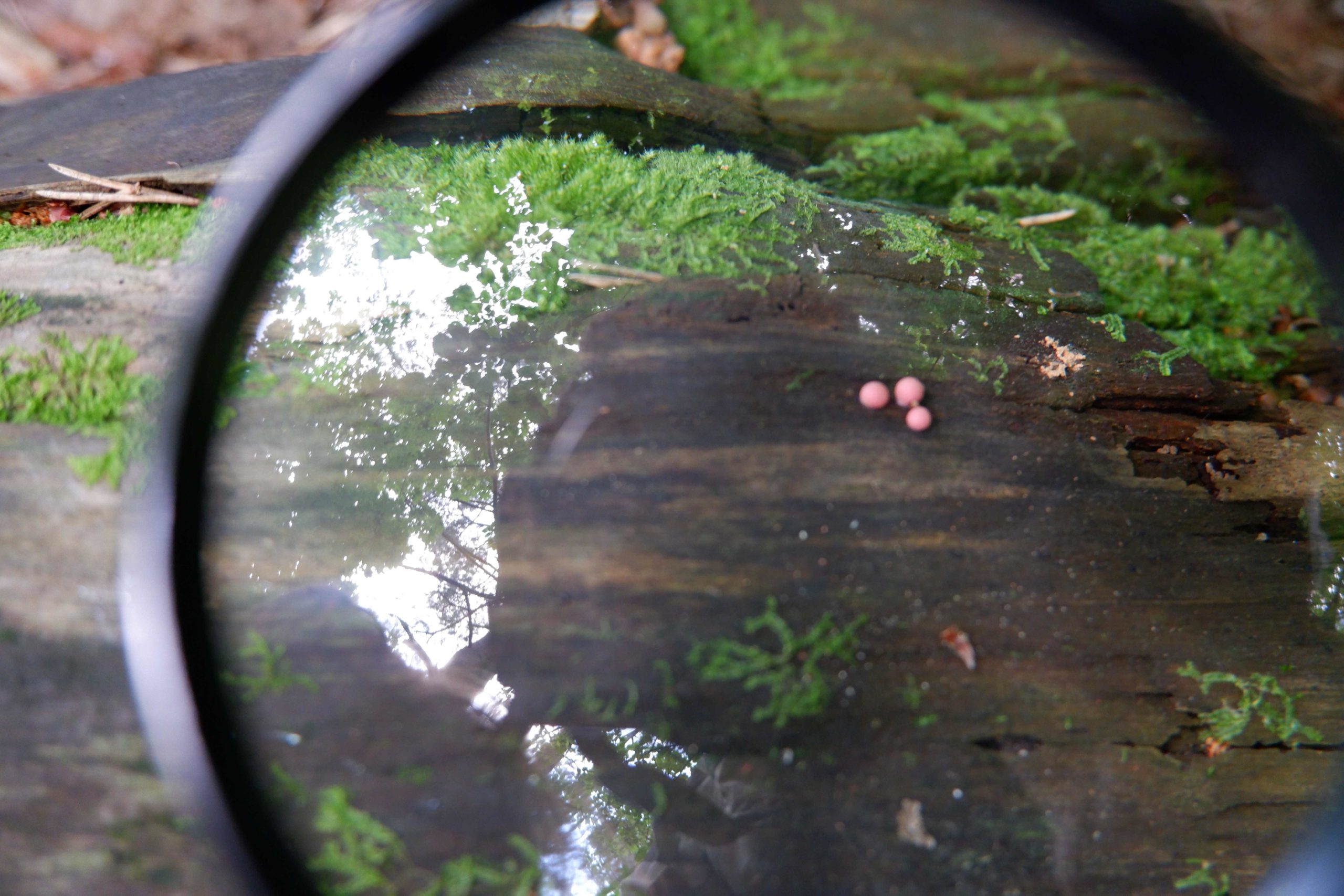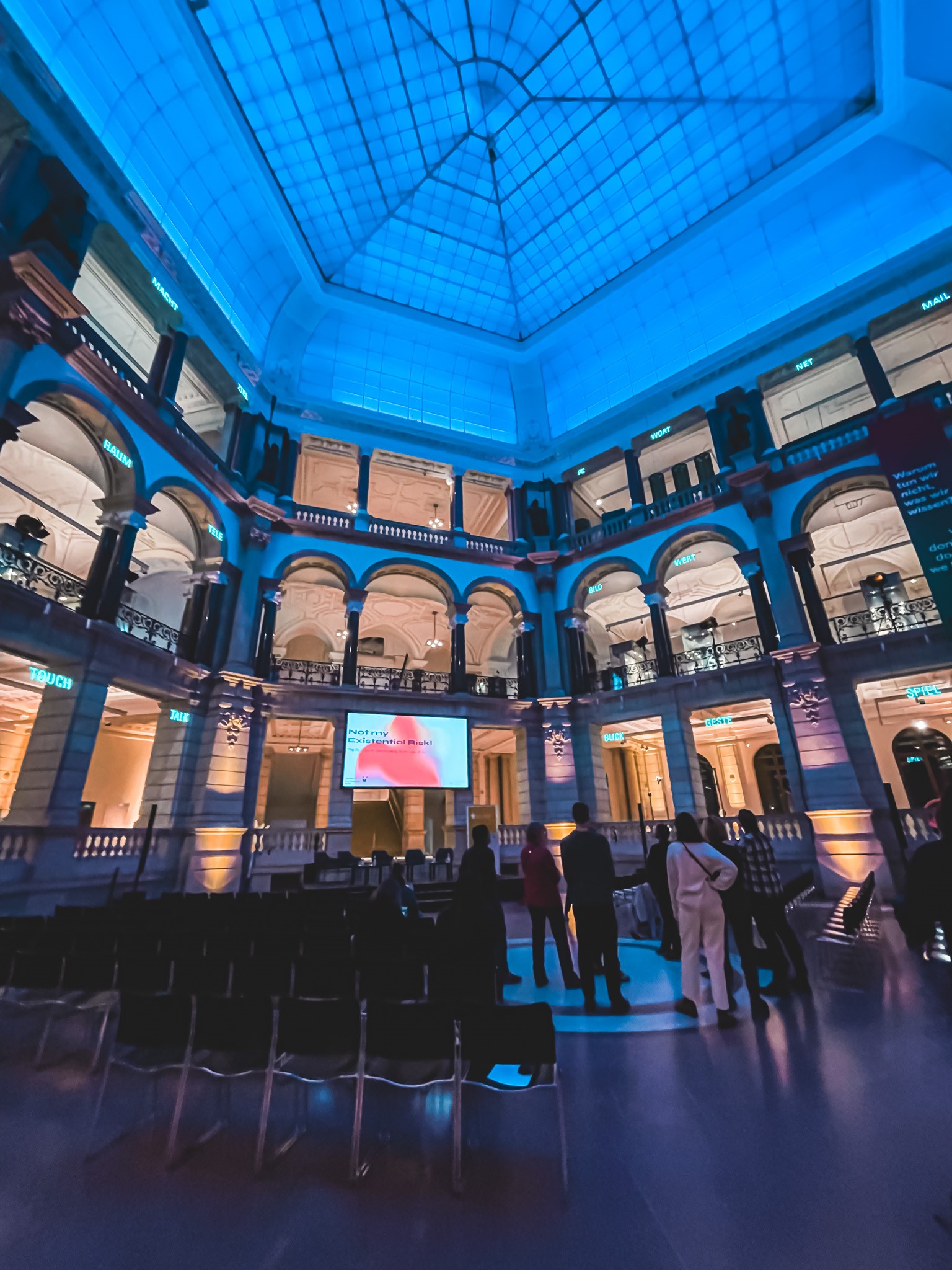With Jeremy Gilbert, Gary Hall, Laurence Rassel, moderated by Cornelia Sollfrank & Felix Stalder – reported here by Loren Britton

transmediale 2019 – promotional image (horizontal) The Laboratory of Manuel Bürger
On February 1st, 2019, the panel discussion on creating commons took place at Transmediale 2019 – a festival in Berlin, Germany, which is “untitled to allow for rich manifestations”, and I was in attendance. Speculating around questions of how new forms of care and collective solidarities can be formed today in the context of institutions, this panel discussion came out of the research that Cornelia Sollfrank and Felix Stalder (and Susha Niederberger) are doing at the Zurich University of the Arts through the end of 2019.
Thinking through modes of authorship, the digital commons, political and intersectional dynamics and solidarity, those on this panel are all concerned with what it means to create commons in the context of digital & aesthetic practice and research.
After leaving this panel I was left unsure of the possibility of ‘the commons’ to operate as a useful figuration in the context of spaces outside of incredible infrastructural institutional and financial support. However, I am very interested in the idea of the commons put forth by Sollfrank within this discussion. For, Sollfrank, the commons is defined as: alternative modes of ownership and collective ways of being in relation.
As an exploration to hold the complexities of the possibility of building a commons, I will list here questions that came out of this panel discussion by myself, by the contributors and by my fellow audience members.
- What is the potential of aesthetic practices to build, contribute and maintain the commons?
- How do we leave space for variability and interdisciplinarity?
- How do we understand unity and coherence that don’t rely on a sense of unity of action?
- What is the relationship between representation and action within the aesthetics of the commons?
- What is the role of affect in creating the commons?
- How can Spinoza via Massumi’s understanding of Affect (as in: always designating the body’s capacity to act) relate to the affectual environment of the commons? (Music creates the possibility for dance).
- What are the conditions under which people come together and act in a world?
- What is the scale we are talking about?
- Is this revolutionary? Or radical?
- How can we of the global north do more than make our work only open access? How can we create shared and free technological infrastructures that can be borrowed by those who want to build something new?
- What does it mean to choose your role, rather than become it?
- How can we transform a “never” to an “always”?
- How do we work within an unequal function?
- How can we make all processes visible and tangible?
- What can be a concrete political demand?
- Can you give away power?
- How does the practice of creating commons engage with negative affects?
- How do you deal with longevity? What if you’re no longer there?
- Do Fascists experience joy?



Be the first to reply